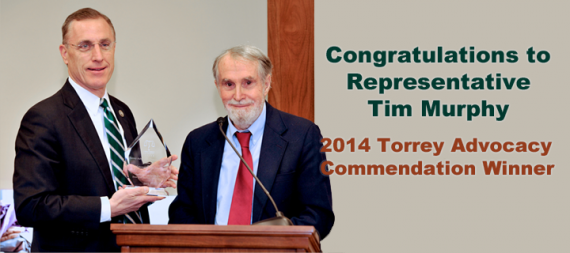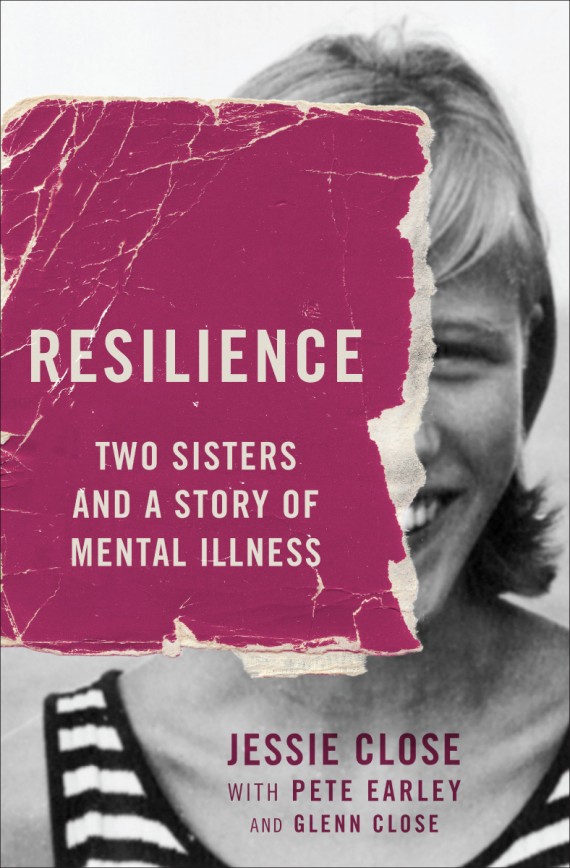
6-8-15 During my travels, I’ve discovered that most communities with good jail diversion programs got them because of a strong leader, usually a judge, a sheriff or a mental health advocate. Yesterday (Sunday June 7), the Washington Post published an Op Ed piece that I wrote about the difference between a community where leaders took action and Fairfax County, Virginia, where I live. Where does your community fit? Is it moving forward or are your leaders sitting on their hands?
What Fairfax can do now for the mentally ill
There’s been enough talk about treatment for the mentally ill. It’s time for Fairfax County to act!
The Washington Post Local Opinion Page
By Pete Earley
If Natasha McKenna had lived in Bexar County, Tex., instead of Fairfax County, the 37-year-old would have received treatment for her schizophrenia rather than dying after being stunned by a deputy sheriff four times with 50,000-volt shocks from a Taser while her arms and legs were shackled and her face covered with a hood.
More than a dozen years ago, Fairfax and Bexar County officials decided to investigate jail-diversion programs that would direct people such as McKenna into community treatment for mental disorders instead of into jail.





